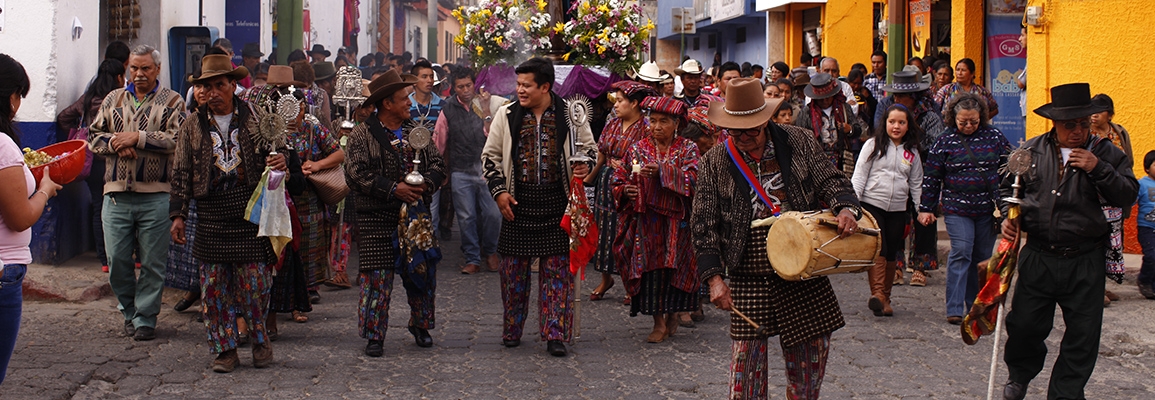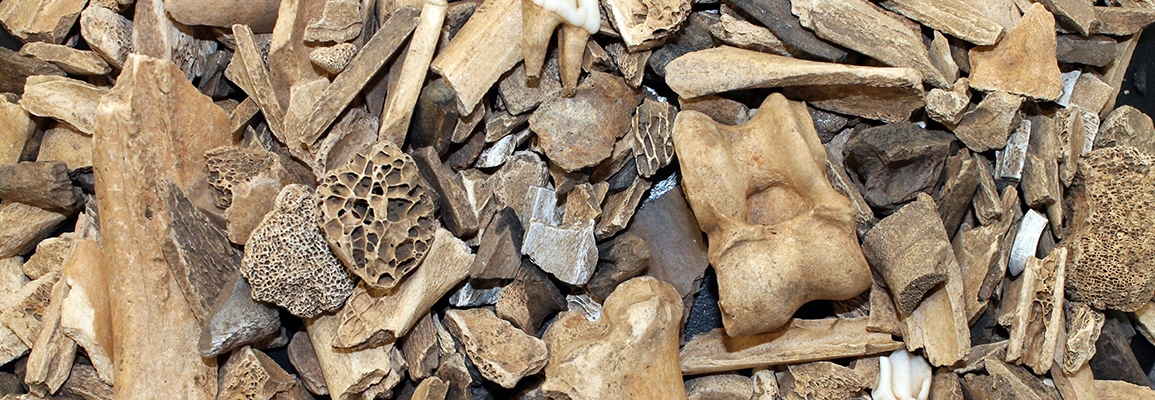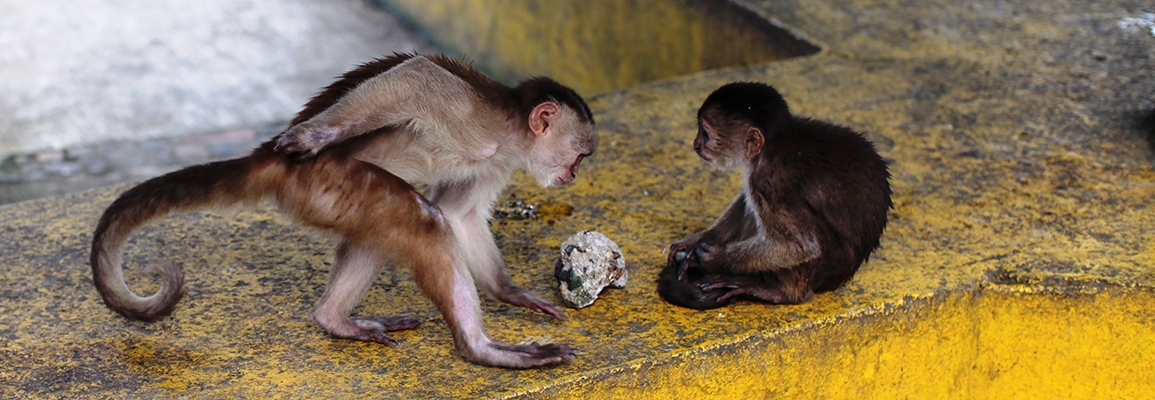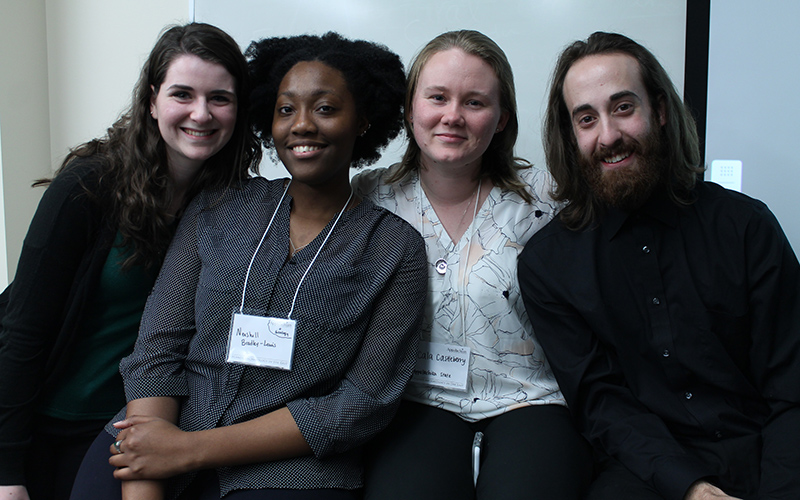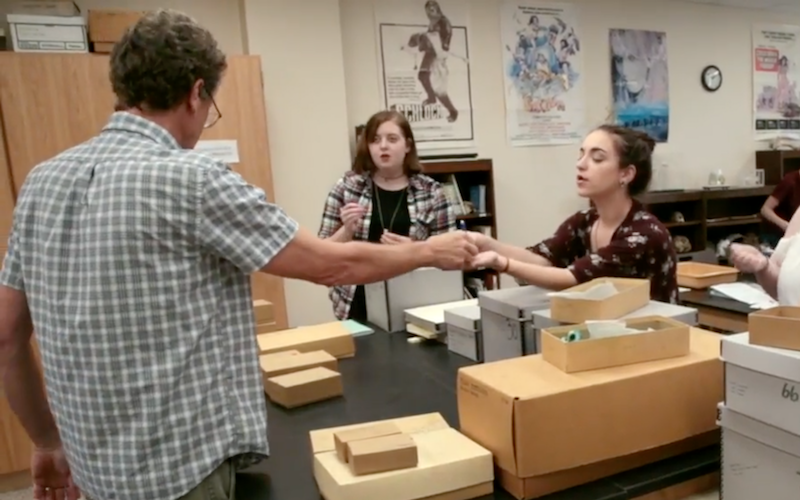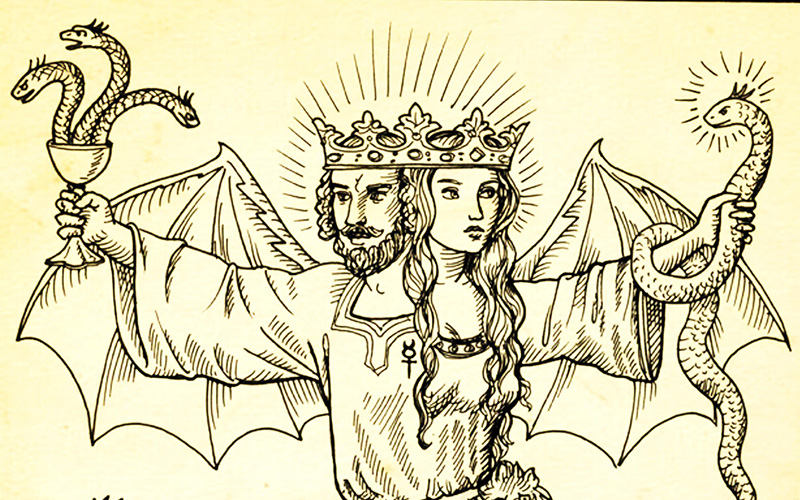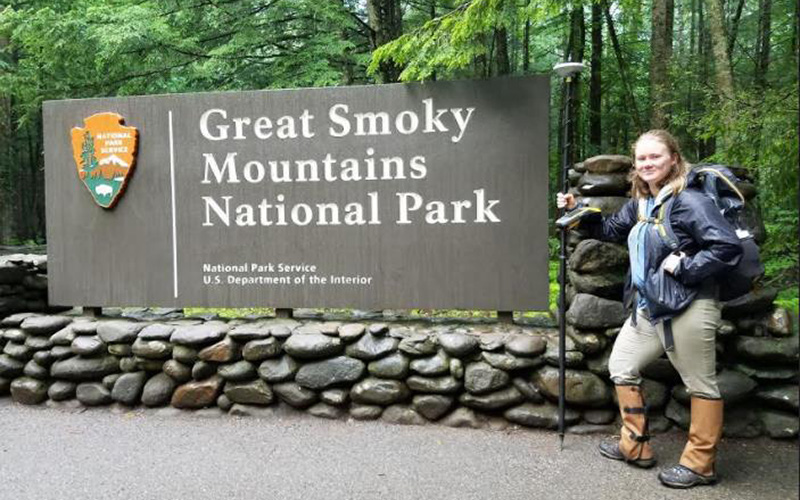As one of the largest undergraduate-only anthropology departments in the United States, we embrace a comparative and holistic approach to studying the human experience. Through the anthropological perspective, we delve into the origins and meaning of physical and cultural diversity in the world, spanning across the past, present, and future.
Our program in anthropology offers a unique opportunity to comprehend global affairs and address societal challenges within the broader context of the human experience. Cultural anthropologists within our department explore the practices, beliefs, and identities of individuals, both within and beyond the United States. Topics such as power, inequality, and social praxis are central to our investigations.
Archaeologists in our program specialize in unraveling the material culture of past societies, reconstructing their traditions and practices. By understanding the past, we gain valuable insights that aid our comprehension of the present. Biological anthropologists, on the other hand, focus on primate evolution, behavioral ecology, human biological variation, biocultural adaptations, bioarchaeology, and human paleontology. Together, we strive to unravel the diverse range of human societies, both past and present.
Why study anthropology? This question lies at the heart of our program. By choosing to study anthropology, you embark on a journey of exploration and understanding, equipping yourself with invaluable skills and knowledge. Through engaging coursework, immersive field experiences, and collaborative research opportunities, you'll develop a profound appreciation for the intricacies of human societies, past and present. Join us as we unravel the tapestry of human diversity and contribute to finding meaningful solutions to real-world problems.
News & Events

Preserving the past in 2025: Archaeology discoveries, cemetery restoration guide historic year in Ashe [faculty featured]
ASHE COUNTY — Progress isn’t always about moving forward; it’s also about preserving the past....

Archaeologists uncover a new purpose behind one of North America’s greatest mysteries [faculty featured]
New evidence suggests Poverty Point’s monumental mounds were created not by a ruling elite, but by egalitarian groups drawn together by shared ritua...

Anna Brown receives staff shout out
BOONE, N.C. — Awarded by the Appalachian State University Staff Senate, Staff Shout Outs recognize staff members for their positive contributio...
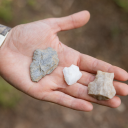
Student archaeologists unearth Native American campsite, artifacts [faculty featured]
An archaeology team at Appalachian State University has discovered an ancient campsite containing 8,000-year-old artifacts, the university announced i...

App State archaeology team discovers ancient campsite at Blackburn Vannoy Estate and Farm in Ashe County
BOONE, N.C. — During an archaeological dig at Appalachian State University’s Blackburn Vannoy Estate and Farm this summer, archaeologist...
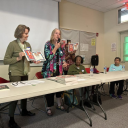
Library celebrates the Junaluska Heritage Association [faculty featured]
BOONE — The annual Friends of the Watauga County Library celebration featured a panel discussion centered on two recently published books about Boon...
Alumni spotlights
-
NPR features story on alum Sarah Stacke's ('02) new book on the U.S. South
Sarah Stacke (anthropology alumna, '02) has released a new book, Photos Day or Night: The Archive of Hugh Mangum, that is featured in a recent NPR story. After graduating from Appalachian State University with a degree in anthropology
Faculty spotlights
-
Dr. Alice P. Wright named a "Faculty Member of Distinction" in Appalachian Magazine
Dr. Alice P. Wright has been named a "Faculty Member of Distinction" in Appalachian Magazine. Dr. Wright is an anthropological archaeologist broadly interested in the dynamics of cross cultural encounters and the ways in which far-reaching interaction networks shape and are shaped by local social, political, economic, and ideological institutions.
Student spotlights
-
Makenzie Cash, Biological Anthropology major
Makenzie Cash is a third-year Biological Anthropology student and notably, a primatology enthusiast. However, she first came into interest with non-human primates by thinking about what it means to be a human. After encountering situations of interpersonal violence and sexual assault, Makenzie began to inquire about human experience and what defines it, primarily because of the dehumanizing effects that trauma can have. This lead to her first interest in anthropology to be forensic anthropology, so she began taking classes in Biological Anthropology.
